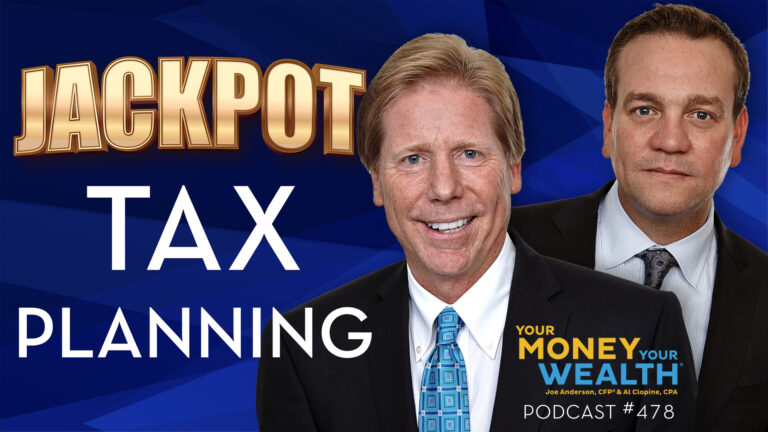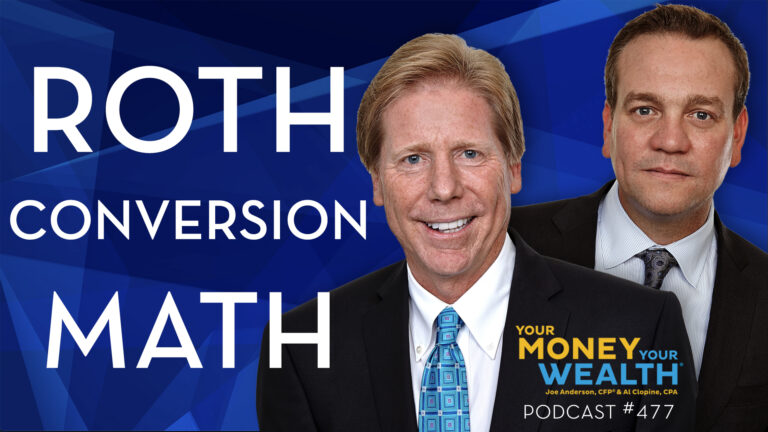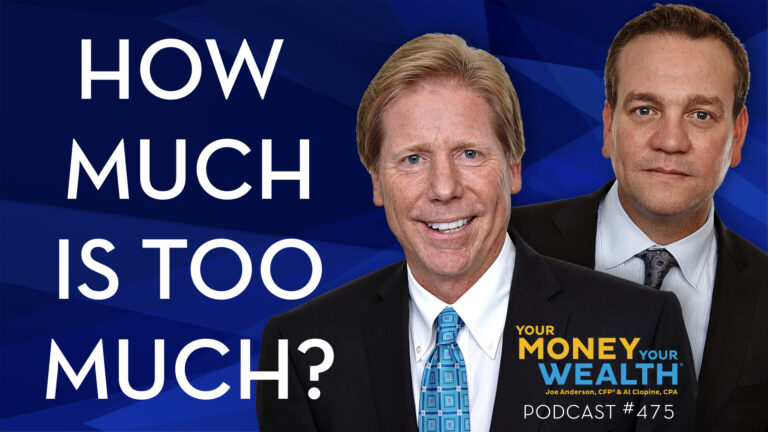CEO and co-founder of iRelaunch, Carol Fishman Cohen joins the show to discuss how retirees can transition back into the workforce. Joe & Al wrap up the hour answering listeners’ email questions.
1:15 Start of Interview with Carol Fishman Cohen
1:20 “iRelaunch works with employers to create programs for hiring professionals returning to work after a career break and provides strategies for relaunching individuals to resume their careers.”
Joe & Al: (2:23) “Getting back into the workforce is something fairly challenging…can you tell our listeners a little bit more about your company and why you do what you do?”
Carol: (2:35) “As you mentioned, iRelaunch works with employers to create ‘return to work’ programs to engage with people who are returning to work after a career break, and we also work directly with individuals who are interested in returning to work by giving them strategies, events, tools and resources.”
2:56 “One of the things we are focusing on is the use of the internship or an internship-like experience for employers to engage with populations that are career-transitioning, whether it’s someone returning to work after a career break or a retiree coming out of retirement – as you referenced, it could be a veteran or a military spouse, and ex-pat repatriating – so, all of these transitioning populations can be perceived as risky to engage with from an employer perspective. So we believe that using an internship or some kind of short-term non-binding work experience for an employer to engage with one of these individuals is a way that employers can feel that this is a lower-risk proposition because they get to base their hiring decision on an actual work sample as opposed to a series of interviews and they don’t have to make that hiring decision until the internship period is over.”
Joe & Al: (4:15) “Carol, are these internships a few months or are we talking a year or two? What would be a typical term?”
Carol: (4:22) “Depending on the company, they can range from nine weeks to six months. Most of them are in the 10-12 week range and they’re all paid. The larger companies that run these programs usually find a mid-level salary range and then pro-rate that salary for the number of weeks of the internship.”
Joe & Al: (5:51) “I think it’s a great concept because I think about my wife who stayed at home for several years with the kids and she’s got a masters in educational counseling and to get back into the workforce was very challenging for her.”
Carol: (5:05) “Exactly, and there are two pieces to what you’re saying there. First of all, noting that this is a high-caliber population and we believe that employers that are not engaging with these transitioners are really missing out on a high quality pool to tap from in terms of their recruiting. The other piece is when you’re talking about your wife’s experience, I’m guessing that she made her way back on her own…what the beauty is of these structured programs is that groups of people come in and cohort, just like you would in an internship program…these internship programs get groups of people to come in at the same time so the bonding that they form going through this together is really helpful as a support mechanism…to go through it as a group is great for the individuals and the success rates that we’re seeing are pretty remarkable.”
6:41 “We’re seeing now that 50-90% [of interns] are converting from interns to long-term employees.”
Joe & Al (8:37) “You mentioned that you have some tips for those who are getting back into the workforce – can you give our listeners some ideas?”
Carol: (8:56) “The most important thing to start with is to figure out exactly what you want to do. It sounds really obvious but you essentially have to go through a new career assessment…think about your interest and skills now and where can you add the most value to a company. Then you need to reinvigorate networks…LinkedIn is a great way to reconnect with people.”
Joe & Al (10:31) “What does the demographic look like [that uses your program]?”
Carol: (10:58) “Our stats show 93% women, 100 % of them have bachelor’s degrees, 70% of them have graduate degrees, 70% of them have ten years of work experience or more before taking their career break, so you’re working with a very educated, experienced population.”
11:35 “For companies that are forward-looking, we see this population getting much broader…84% of millennials, both male and female, are anticipating taking a career break at some point. The age group we’re working with right now is 35-55 but we’re seeing a new focus on retirees.”
Joe & Al: (13:44) “This is a phenomenal program really to help employers and help individuals join together to have a real path to run on.”
Carol (14:01) “You’re absolutely right – we’re going to see different work patterns going forward starting with our new millennials.”
Joe & Al: (14:47) “Where can people get more information about you and the firm?”
Carol: (14:53) “People can go to iRelaunch.com…there we have free tools and resources, as well as over 200 success stories documented on how people returned to work after a career break in all different fields and work configurations.”
15:07 End of Interview with Carol Fishman Cohen
20:22 “I don’t own bonds and I never have. I am retired with 50% of my assets in a stable 3.5% mutual fund in my 401(k), and the other 50% in company stock. The fees are under $100 total. It was recommended to me that I should purchase some bonds. Why should I invest in a broker house and do I need bonds? My pension and Social Security more than cover my expenses.”
22:20 “As interest rates rise, bond prices tend to fall so there’s some danger there.”
28:50 “Will I pay taxes on my Social Security? My husband and I are living apart in different states and are currently filing taxes separately. However, we are now considering filing taxes jointly as a couple. If I do that, will my Social Security benefits not be taxed because it is my only source of income.”
31:21 “If you do file jointly, it could potentially screw it up depending on your husband’s income, but if your married filing separate and living apart then, you probably won’t pay any tax.”
Listen to the YMYW podcast:

Amazon Music
AntennaPod
Anytime Player
Apple Podcasts
Audible
Castbox
Castro
Curiocaster
Fountain
Goodpods
Google Podcasts
iHeartRadio
Apple iTunes
iVoox
Luminary
Overcast
Player FM
Pocket Casts
Podbean
Podcast Addict
Podcast Index
Podcast Guru
Podcast Republic
Podchaser
Podfriend
PodHero

Podknife
podStation
Podverse
Podvine
Radio Public
Rephonic
Sonnet
Spotify
Subscribe on Android
Subscribe by Email
RSS feed










